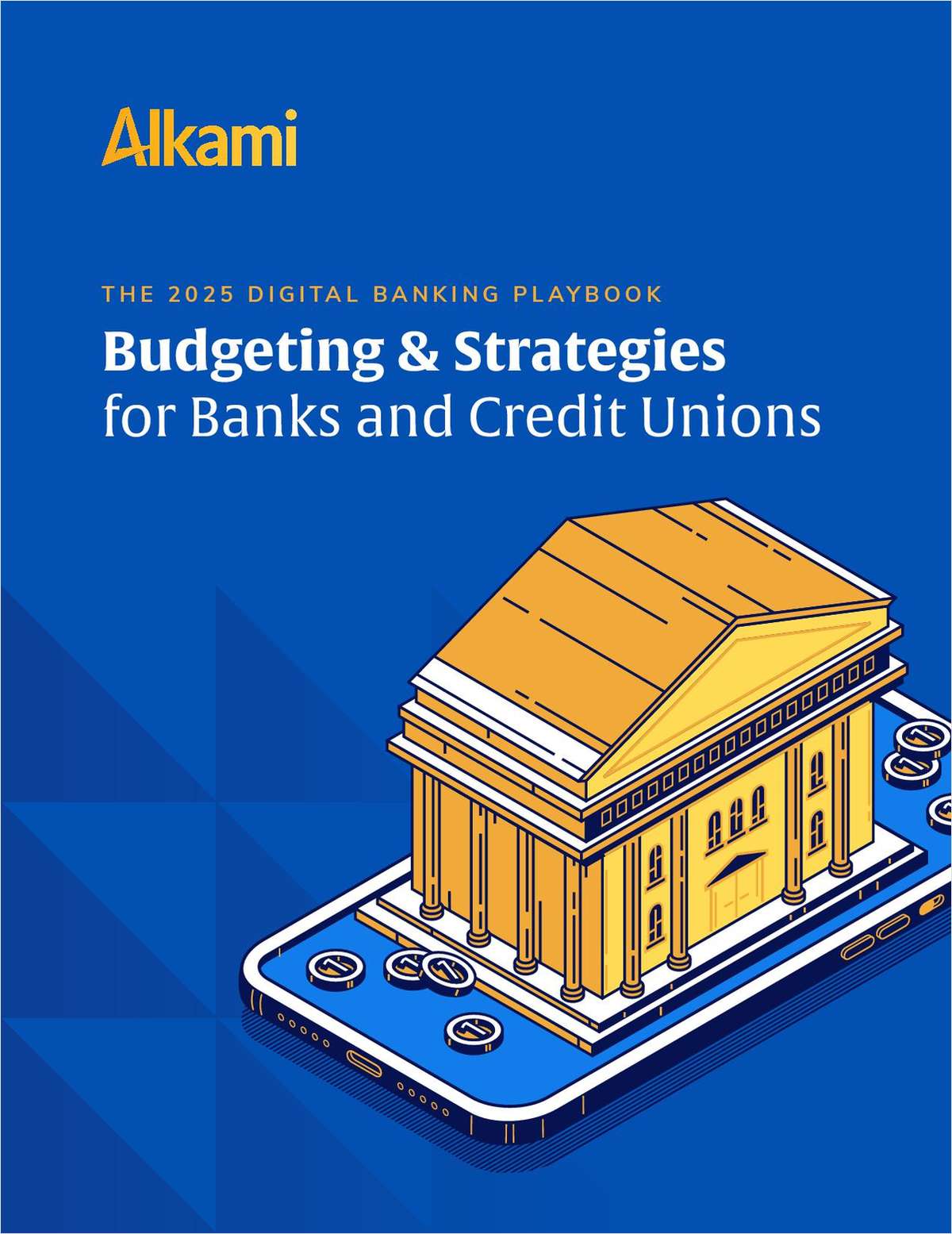LENEXA, Kan. — U.S. Central cleared up some of the who-knew-what-when mystery surrounding the aggregate corporate's $1 billion bailout and resulting insurance premium levy on natural person credit unions.
Spokesman Austin Braithwait confirmed U.S. Central told corporates in early January that it estimated 2008 year-end Other Than Temporary Impairments would be between $100 and $150 million. U.S. Central's investments had been analyzed by all three of its independent valuation firms as of Aug. 31, 2008, in a report provided in October and shared with corporates.
Braithwait said U.S. Central retains RiskSpan, Clayton IPS Corp. and Andrew Davidson & Co. as independent valuation consultants. For now, he said three are still retained by the corporate, but U.S. Central isn't scheduled for another portfolio review until the end of the 1st quarter.
"In late December the firms were contacted individually to determine if there had been any changes to their evaluation models and to ensure the analysis would still be completed by mid-January 2009. Based on those conversations with the three firms, U.S. Central did not expect significant changes and subsequently relayed that same $100-$150 million estimate to members in early January," he said.
Not long after their analysis, however, things had changed, and the three, along with U.S. Central management, determined that $2.3 billion worth of private-label, mortgage-backed securities must be written down to slightly less than 50 cents on the dollar, resulting in the $1.2 billion OTTI. Presumably, the missing information was a remittance report the ousted Dickens said showed damage to the investments' underlying collateral.
"Within the modeling of each firm there are different assumptions made that lead to an estimated value for each of the bonds reviewed," said Chief Financial Officer Kathryn Brick. "Each of the firms are examining data such as the value of the underlying collateral, default rates and what they expect recoveries will be among other things. Obviously, these factors change on an ongoing basis, which result in differing projections from each firm about what the future will bring."
The timeline supports comments NCUA Chairman Michael Fryzel made to Credit Union Times on Feb. 3, saying he was surprised by the size of U.S. Central's losses and didn't learn about them much earlier than the rest of the industry. It also supports corporate executives who, off-the-record, said the out-of-the-blue news put them in a tough spot with their own members, who are stuck footing the bill.
Braithwait confirmed that in addition to Dickens, who was executive vice president of asset liability management, Chief Investment Officer Connie Loveless has also left U.S. Central.
Are Dickens and Loveless to blame for the losses? Both U.S. Central and the NCUA responded to questions asking if Dickens had violated any laws or
regulations by saying they don't comment on per-
sonnel matters.
Did regulations fail U.S. Central? Former NCUA Chairman Dennis Dollar was appointed to the NCUA Board shortly after then-Chairman Norm D'Amours approved the Part 704 regulation that allowed corporates to apply for expanded investment authority. As a result, Dollar was on the board when many corporates were approved.
"The reasoning behind expanded authority for corporate investments was to allow corporates to increase their return to their natural person credit union members," Dollar said. If corporates can only invest in the same instruments as natural person credit unions, there would be little reason for a natural person credit union to invest in a corporate. So, with the proper controls in place and the right expertise to manage the portfolios, expanded authority for corporates enabled them to become more competitive and pay a higher return to their natural person credit union members."
In U.S. Central's defense, Dollar, also a previous credit union CEO, said, "it would have been impossible to predict the implosion of the mortgage market nationwide that would bring this level of impairment to mortgage-backed securities. It's like when I had a credit union loan go bad that, when going back and looking at the underwriting standards used when we approved the loan, we would make the same loan again know-
ing what we knew at
that time."
He added that Monday morning quarterbacking always avoids the
interception, but sometimes game situations change dramatically.
–[email protected]
Complete your profile to continue reading and get FREE access to CUTimes.com, part of your ALM digital membership.
Your access to unlimited CUTimes.com content isn’t changing.
Once you are an ALM digital member, you’ll receive:
- Breaking credit union news and analysis, on-site and via our newsletters and custom alerts
- Weekly Shared Accounts podcast featuring exclusive interviews with industry leaders
- Educational webcasts, white papers, and ebooks from industry thought leaders
- Critical coverage of the commercial real estate and financial advisory markets on our other ALM sites, GlobeSt.com and ThinkAdvisor.com
Already have an account? Sign In Now
© 2025 ALM Global, LLC, All Rights Reserved. Request academic re-use from www.copyright.com. All other uses, submit a request to [email protected]. For more information visit Asset & Logo Licensing.









